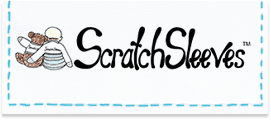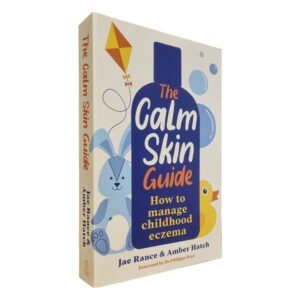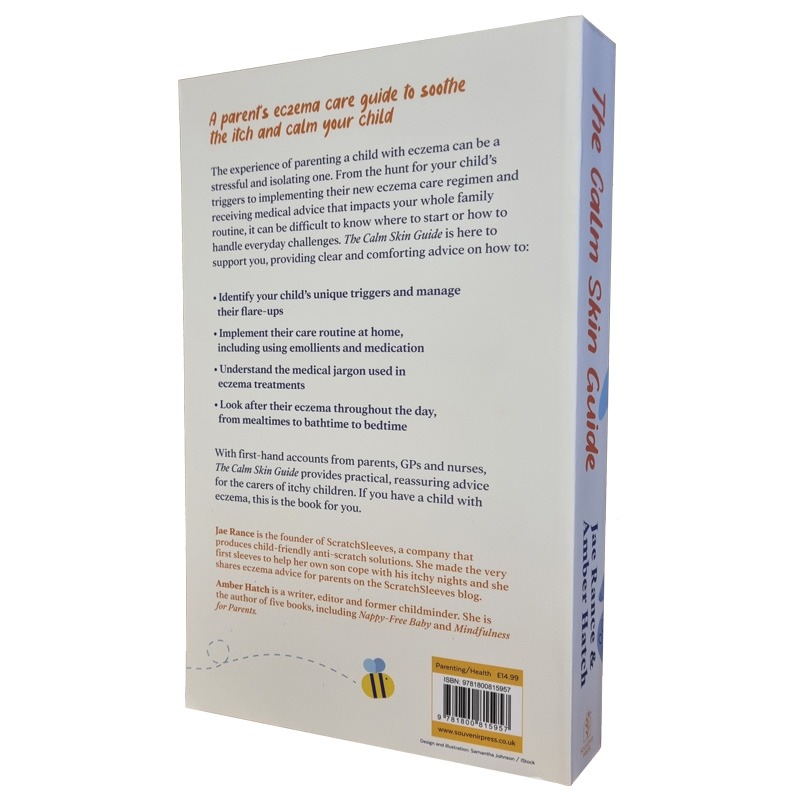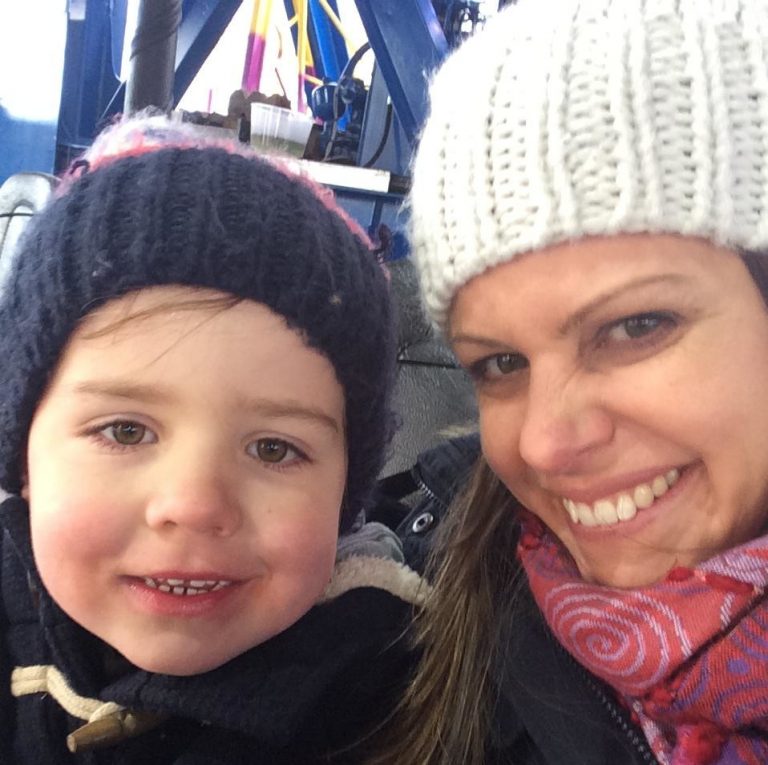Cow’s milk protein allergy in babies and children



When your baby begins to itch and scratch, we know from experience it can be distressing. For parents with itchy newborns, it can be difficult to identify what’s causing your baby’s skin irritation. While there are many causes for eczema in children, one you may not have considered is cow’s milk protein allergy or CMPA.
What is cow’s milk protein allergy?
Cow’s milk protein allergy, also known as CMPA, is a type of food allergy where a baby’s immune system responds irregularly to the proteins found in cow’s milk, causing them to have an allergic reaction. Like any food allergy, the immune system, which helps the body fight off harmful pathogens, incorrectly identifies a component in the milk as harmful and produces an allergic response that may present itself as skin irritation and/or digestive problems.
Often, CMPA will develop when you first introduce cow’s milk into your baby’s diet – either in formula or solid food. This means if you’re breastfeeding, your newborn is less likely to be affected by CMPA. However, some babies will react to the milk protein in their mum’s diet.
CMPA is one of the most common allergies among children, but it is still rare. It affects 5-7% of bottle-fed babies but only 0.5-1% of breast fed babies1. Nearly all babies outgrow the allergy before their 6th birthday2.
Types of cow’s milk protein allergy
There are two types of Cow’s Milk Protein Allergy that can cause different reactions depending on your baby’s immune system:
- Immediate CMPA (IgE-mediated). This is caused by the immunoglobulin E antibody and produces symptoms within minutes of your baby digesting cow’s milk.
- Delayed CMPA (non-IgE-mediated). Delayed CMPA is the more common and treatable of the two CMPA allergies. Symptoms of delayed CMPA can begin several hours or even days after having cow’s milk and symptoms will usually persist for as long as cow’s milk continues to be consumed.
Cow’s milk protein allergy is not the same as lactose intolerance. Although they do share some common symptoms, such as stomach pain and diarrhoea, unlike CMPA, lactose intolerance does not affect the immune system and is not considered an allergy. Instead, lactose intolerance is the inability to digest the lactose sugar found in cow’s milk. While lactose intolerance is common in adults, it is very rare in children under 5 years of age, so if you think your baby’s eczema is related to cow’s milk, it is more likely to be CMPA.
If you suspect that your little one is suffering from a milk allergy or intolerance, it’s important to consult your doctor. They will be able to conduct the relevant tests to determine whether your baby has CMPA and advise you on appropriate treatment or next steps.
What symptoms should you look out for?
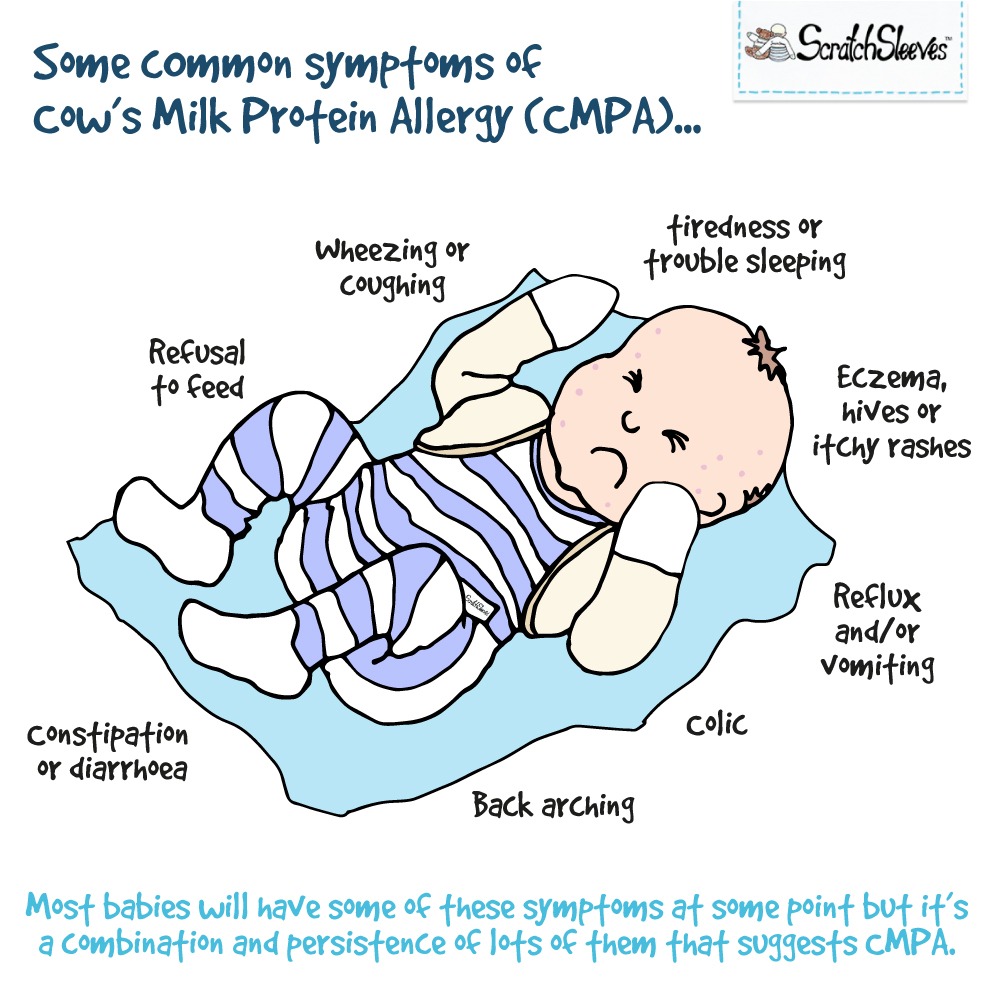
Typically, rashes, eczema, and hives can be signs of a cow’s milk protein allergy. But, like any allergy, symptoms can affect all areas of the body including the skin, the digestive system, and in extremely rare cases, breathing or blood circulation.
What to do if you suspect your baby has CMPA?
Getting the right diagnosis as early as possible is important. Cow’s milk protein allergy doesn’t just affect your baby’s skin, it also affects their digestion, which can in turn affect their growth and development. If you think your baby may have CMPA, get in touch with your GP to discuss your concerns and they’ll help you to reach an accurate diagnosis.
There are a number different ways to check for allergies in babies. Depending on the severity of the case and the age of your baby, your GP may suggest:
- a skin prick test
- a patch test
- a blood test
- an elimination diet followed by a food challenge. Your doctor will ask you to remove any cow’s milk protein from your baby’s diet for up to 6 weeks. If you are breastfeeding, they will help you eliminate cow’s milk from your diet. If your baby does have an allergy, all symptoms should improve in this time. This diagnosis should be tested with a food challenge.
Don’t worry if your baby is diagnosed with CMPA. Once diagnosed, cow’s milk protein allergy is completely manageable. Your doctor will be able to prescribe special formula milk and refer you to a paediatric dietician or specialist allergy clinic to help you support your baby and monitor their childhood nutrition and growth. If you are breastfeeding, you will need to continue excluding milk from your diet. However, you should be given support to make sure that you aren’t missing out on important nutrition.
Once diagnosed, your child should be put under the care of your local allergy team. This team will advise you on when to wean your baby as there are separate guidelines for weaning children with eczema and allergies. It’s important to add cow’s milk back into your child’s diet as soon as possible in order to minimise the risk of ongoing allergies. Your allergy team will advise you how to go about this.
A note about exclusion diets
Cow’s milk protein allergy is an relatively rare allergy which children usually grow out of. While it can be tempting to cut out possible triggers, don’t remove cow’s milk from your babies diet unless you’re instructed by your doctor or paediatric dietician. Cow’s milk contains many important nutrients that your baby needs to grow and develop. So for a healthy, happy, scratch-free baby, always consult your doctor before making any dietary changes.
Unsere Quellen
- Sambrook, J. (2016, October). Incidence of cow’s milk protein allergy. The British Journal of General Practice : The Journal of the Royal College of General Practitioners. https://www.ncbi.nlm.nih.gov/pmc/articles/PMC5033286/
- https://www.nhs.uk/common-health-questions/childrens-health/what-should-i-do-if-i-think-my-baby-is-allergic-or-intolerant-to-cows-milk/
Further Reading
- New to baby eczema? Have a look at our infographic by clicking here to help you find your way through the maze.
- For top tips to help get you started on the eczema journey with your little one click here.
- If your baby has eczema or skin irritation, whether it is caused by CMPA or other triggers, there is a range of things you can do to help ease their itching while you wait to see a doctor, read more here.
As well as sharing our experience of bringing up an eczema child (and favourite allergy-friendly recipes), we also manufacture and sell our unique stay-on scratch mitts and PJs for itchy babies, toddlers and children. We now stock sizes from 0-adult in a range of colours and designs. Visit our main shop for more information.
The Calm Skin Guide
Love our blog? It's also available in book format with:
- First hand accounts from parents & medical professionals
- Easy navigation
- Comprehensive index
- Additional material
Signed copies available at no extra cost
Geschrieben von:
Rezensiert von:
Interessanter Artikel? Behalten Sie ihn nicht für sich...
Read next...
Sie finden vielleicht auch hilfreich...
Schnell kaufen


Mehrfachkauf-Rabatt

Geben Sie zwischen £30 und £60 aus und sparen Sie 5%.
Geben Sie zwischen 60 und 120 € aus und sparen Sie 10%.
Geben Sie mehr als 120 € aus und sparen Sie 15
Discount automatically applied at checkout
Null-Problem-Garantie

Bei ScratchSleeves gilt eine Null-Problem-Garantie.
Kostenloser Versand UK

Free packing and postage on all UK orders. For overseas orders to Europe postage is from £3.50, to USA is £6.50 and to the rest of the world, from £3.75.

